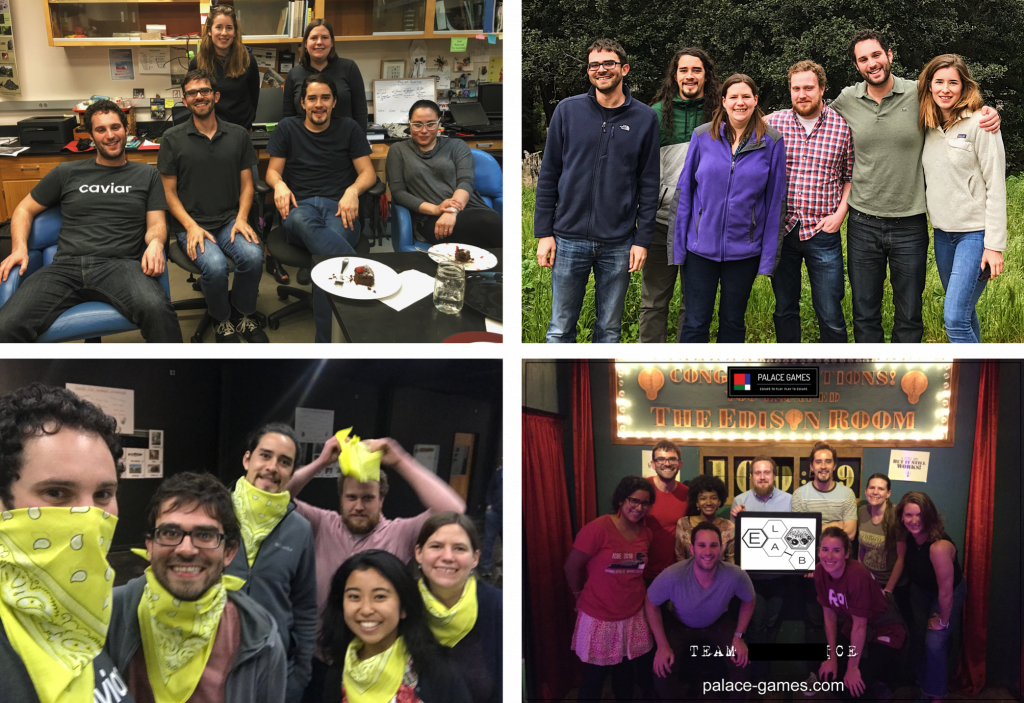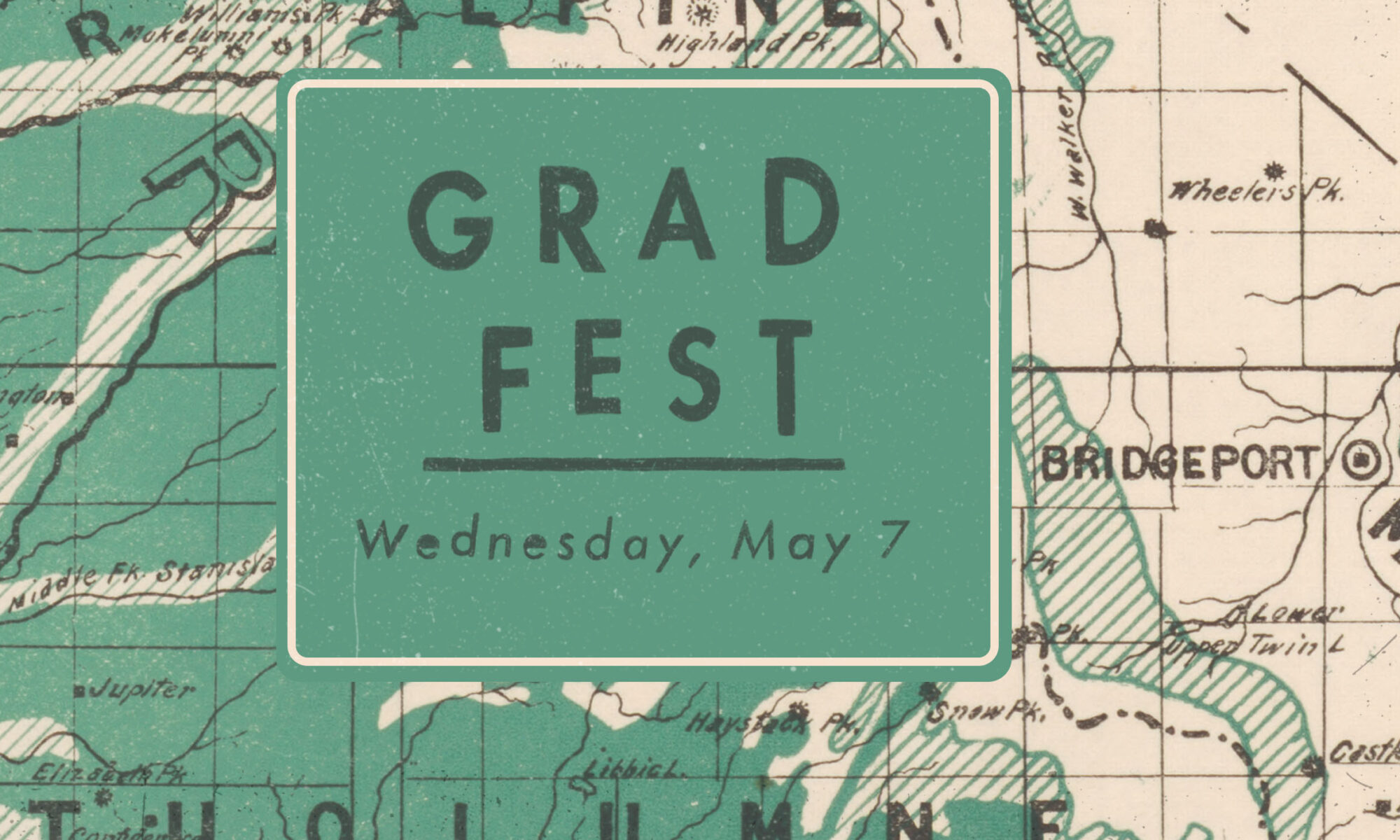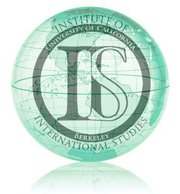Personal research website | Google Scholar profile | Twitter
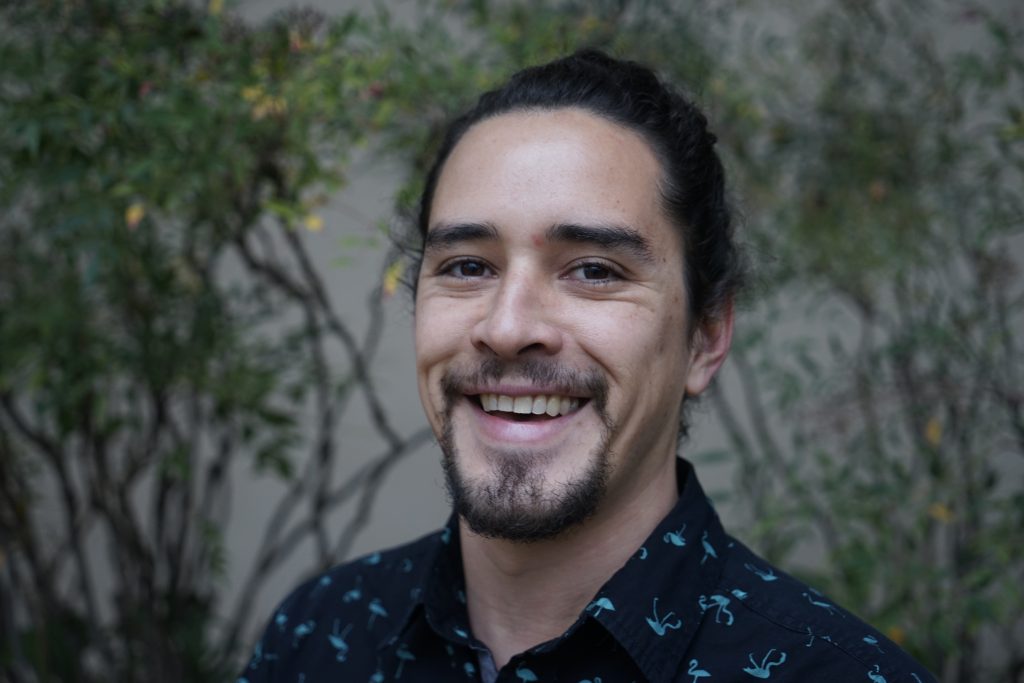
Feel free to contact Ignacio at iescalante@berkeley.edu if you have questions or comments regarding the content here.
Soon to be Dr. Ignacio Escalante is one of the most driven, community-minded, and focused scientists that I have had the privilege of knowing. While Ignacio’s predilection for fútbol, reggae, air/desk drumming, puzzles, flipping tables, and nautical sayings is well known in the lab, it is his deep and abiding passion for mentorship and research (particularly on DLLs – Daddy Long Legs) that has been his calling card. Ignacio is a special scientist and teacher. He came into my laboratory as an already accomplished tropical ecologist, and from there grew to become a multidisciplinary scientist whose research touches everything from physiology to ecology. He also grew to become a truly outstanding teacher/mentor to everyone (including myself). His CV and teaching accolades do not do justice to Ignacio as a scholar and lab mate but suffice to say that I will forever be grateful to have had Nacho as a student and colleague. It has been my privilege to serve as his PhD adviser and can’t wait to see what the future has in store!
– Damian O. Elias, associate professor, department of ESPM
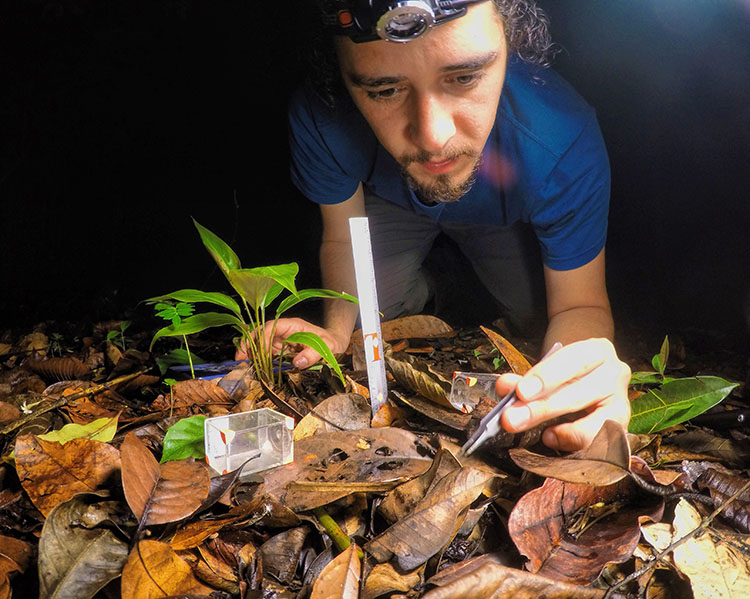
About Ignacio
Ignacio studies the mechanisms of animal behavior, specifically the biomechanics and energetics of locomotion in harvestmen (aka Daddy Long-legs, Opiliones). Additionally, he addressed the influence of environmental factors on the behavior of those animals in the Neotropics. He got his bachelor’s and master’s degree in the Department of Biology at the University of Costa Rica. Besides research, Ignacio is highly involved in mentorship, teaching, and professional development, and recently he became very interested in biology education research. Read more about Ignacio’s involvement in teaching, mentorship, and outreach (*more outreach outlets here and here).
Dissertation title:
The mechanical, behavioral, and ecological consequences of leg loss for harvestmen
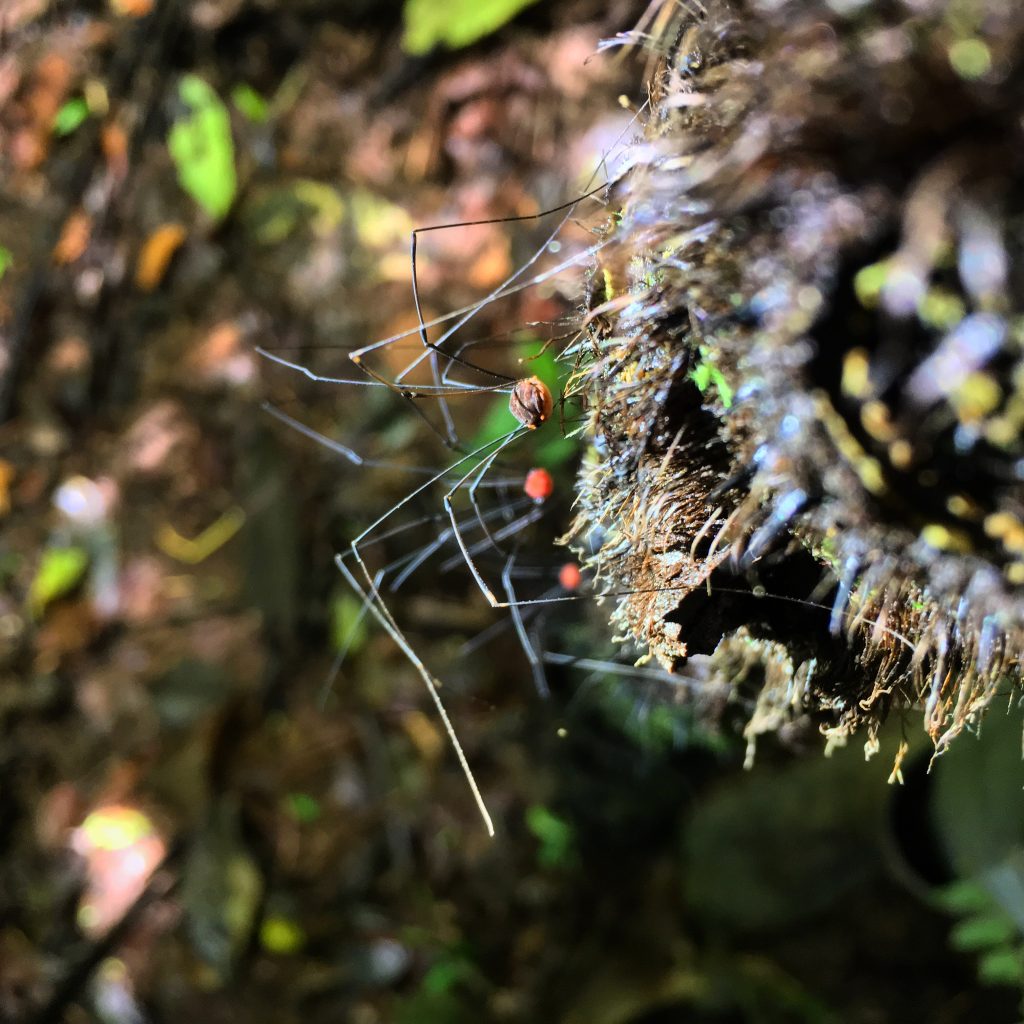
In general, my dissertation examined how animals deal with bodily damage and compensate for the consequences exerted by environmental pressures. Daddy long-legs allowed me to infer the effects of predation pressure by looking at the effects of leg loss, a common anti-predatory defensive tactic. My integrative and novel approach used biomechanical, physiological, behavioral and ecological tools. My dissertation is based on my previous studies across genera and environments (Escalante et al. 2013, Domínguez et al. 2016) that examined the occurrence of autotomy in daddy long-legs in the field and documented the prevalence of leg loss in natural environments in the tropical and subtropical regions of Latin America.
At UC Berkeley I studied the short-term mechanistic and long-term fitness consequences of leg loss in a daddy long-legs species in the rainforest of my native Costa Rica. This allowed me to expand my skill set with training in biomechanics and physiology, particularly the energetics of locomotion. To understand the mechanistic consequences of leg loss, I first described the diversity of gaits these animals use to move using 3D reconstructions of their locomotion (Escalante et al. 2019). Then, by following the locomotion of the same animals over time I found that daddy long-legs experience costs in speed and acceleration after leg loss. However, they were able to recover locomotor performance extremely rapidly (Escalante et al. in revision). This recovery was mediated by kinetic adjustments, and by ‘recruiting’ their typical sensory appendage as a walking leg.
Then I tested the effects of leg loss on the energetics of locomotion. I measured the endurance and oxygen consumption of daddy long-legs while moving on a small treadmill inside a sealed chamber. This time, I studied a Californian species, Nelima paessleri. Data shows a decrease in endurance after leg loss, and an increase in oxygen consumption only in individuals that lost three legs, but not in the ones that lost one leg (Escalante et al. in prep.).
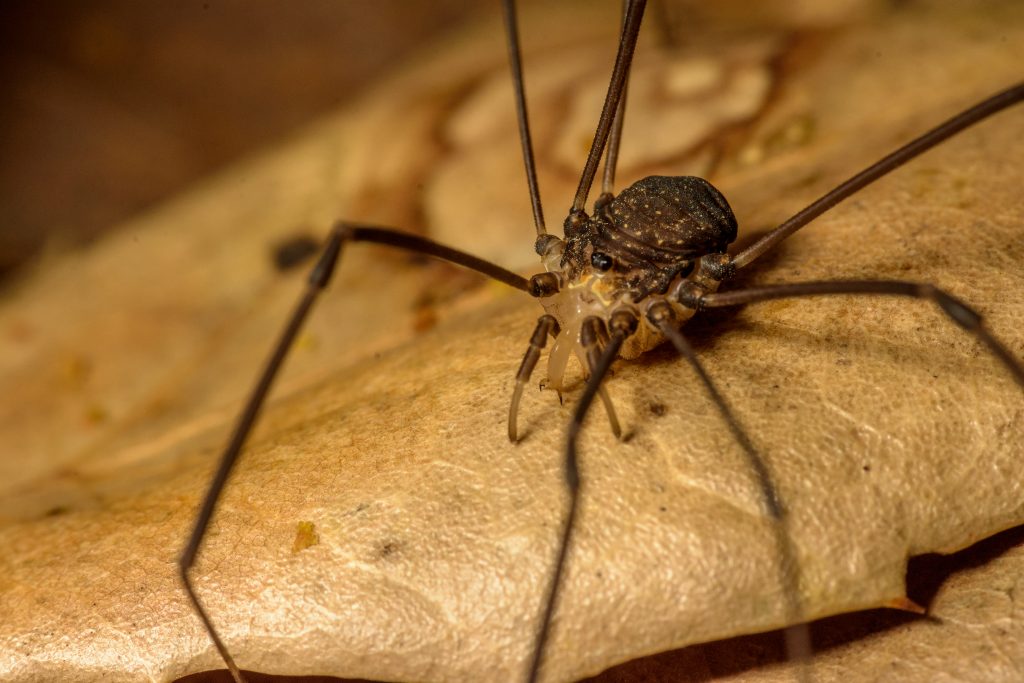
To understand the functional and fitness implications of bodily damage, I first examined foraging and habitat use for animals with different degrees of leg loss in the premontane forest of SW Costa Rica. I found that micro-habitat use did not differ before and after autotomy (Escalante & Elias, in prep.). Additionally, recapture rates did not differ between autotomized and intact animals, suggesting the absence of survival costs in the field.
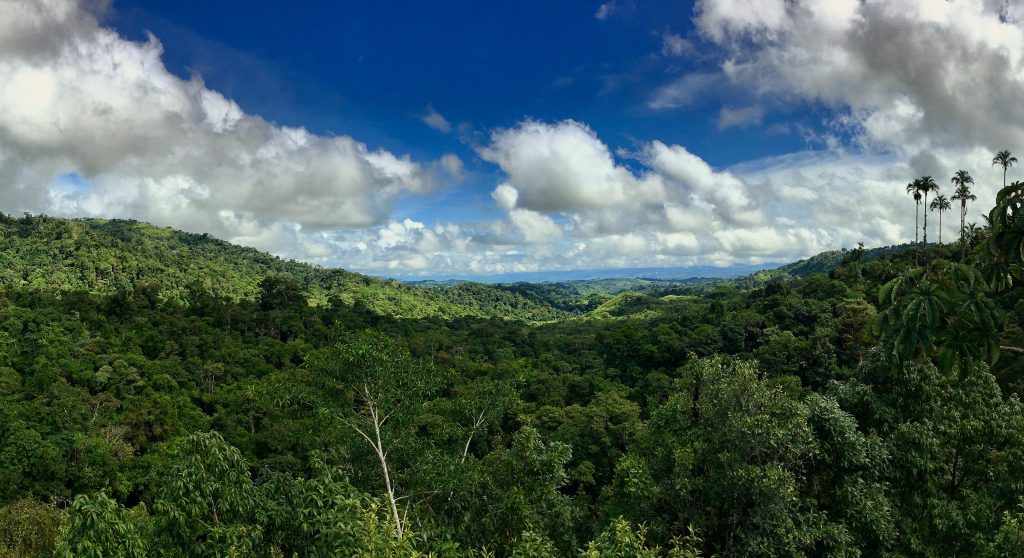
In a collaborative project, we examined the reproductive implications of leg loss for this group of Neotropical daddy long-legs. Experimental mating trials showed no effect of autotomy on mating behaviors or mating success (Classen-Rodríguez, Escalante et al. in prep.). These findings suggest that leg loss does not impact these proxies of fitness, which might explain the high frequency of this defensive strategy for these arachnids.
Overall, in my dissertation, I found only short-term mechanistic costs of leg loss from which animals can recover. There were no long-term fitness costs, suggesting both (1) robustness in these arachnids’ response to environmental damage, and (2) why a seemingly detrimental defensive behavior like voluntarily releasing legs is maintained over evolutionary time. Throughout this process, I also collaborated in preparing a framework in a review paper to study the ecology and evolution of autotomy across taxa (Emberts et al. 2019).
Please visit my personal research website to read more about this and other past and ongoing projects.
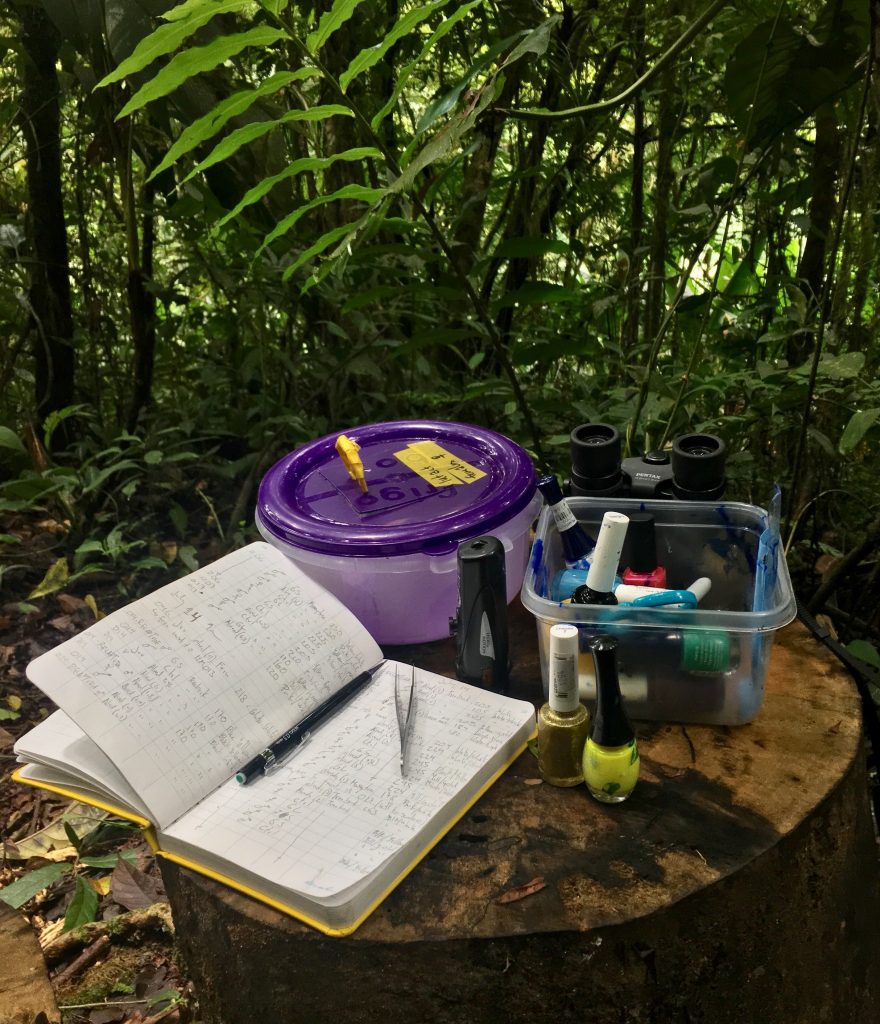
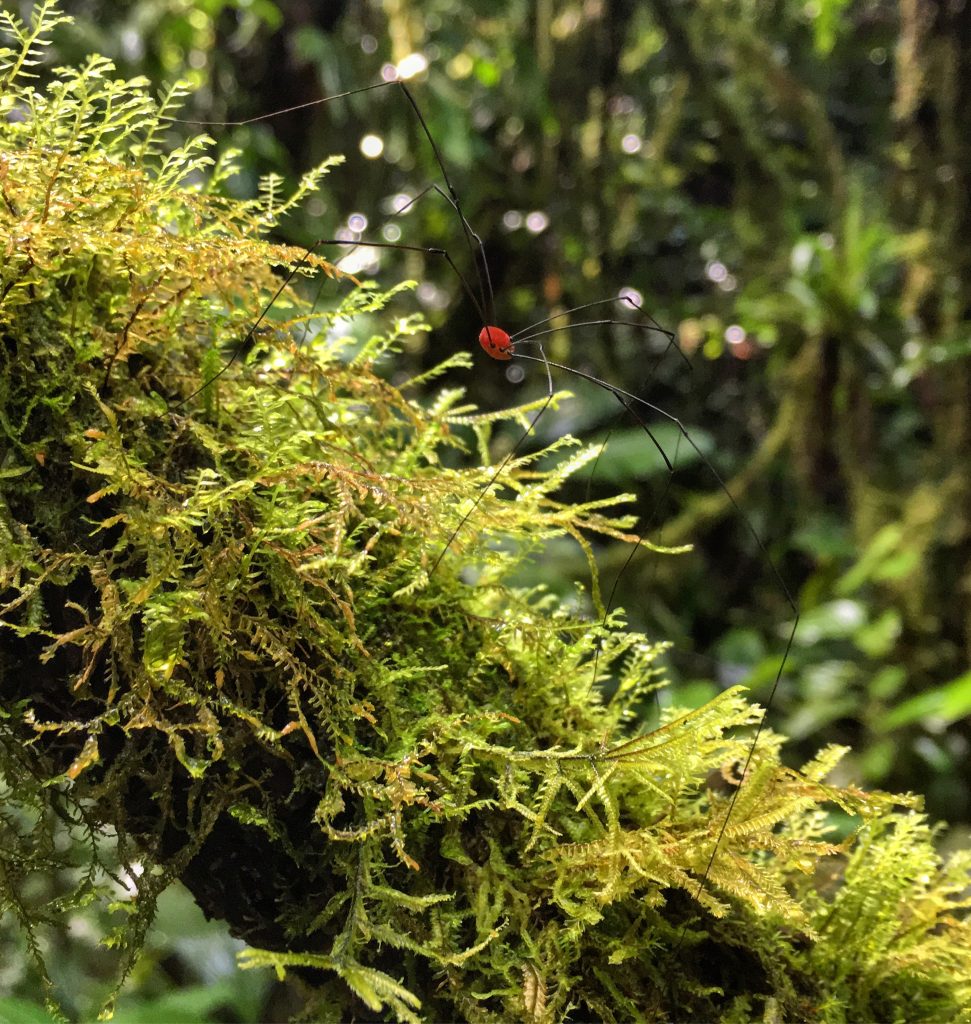
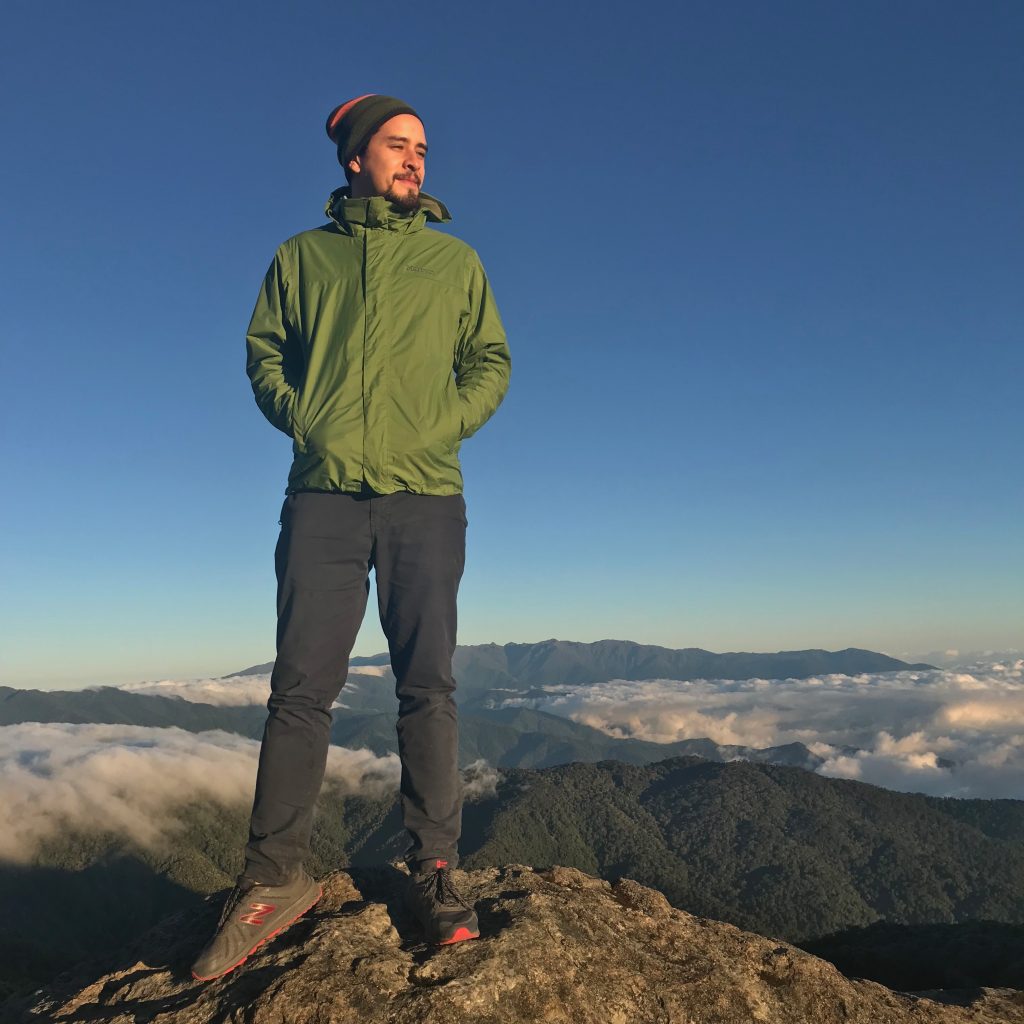
Next Step
I am very excited to share that I will join Rafa Rodriguez’s Lab at the University of Wisconsin – Milwaukee as a post-doctoral researcher starting in August 2020.
Ignacio’s dissertation research has been funded by the following agencies and awards
- Bob Lane and Sandy Purcell Graduate Summer Award
- Souja Graduate Student Prize
- Spieth Travel Award
- Margaret C. Walker Fund for Teaching a&d Research in Systematic Entomology
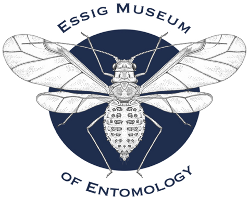
.
Last but not least: Thanks to all the past, present, and future members of the Elias Lab for all their support!
